The Hidden Benefits of SSP Fertilizer Plants You Didn’t Know About
Superphosphate fertilizers, particularly Single Superphosphate (SSP), are widely recognized for their role in boosting agricultural productivity. However, the benefits of SSP fertilizer plants extend far beyond just increasing crop yields. In this article, we will delve into the lesser-known advantages of SSP fertilizer plants and how they contribute to sustainable agriculture, soil health, and economic viability.
Understanding SSP Fertilizer Production
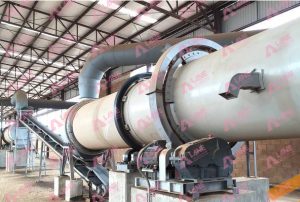
SSP is produced by treating rock phosphate with sulfuric acid, resulting in a fertilizer that contains a higher concentration of phosphorus. This nutrient is vital for plant development, especially for root formation and flowering. SSP fertilizer plants utilize advanced technology to ensure efficient production processes, yielding high-quality products that can significantly enhance soil fertility.
Enhancing Soil Health
One of the most significant benefits of SSP fertilizer plants is their contribution to improved soil health. Here’s how:
a. Nutrient Availability
SSP fertilizers provide a readily available source of phosphorus, which is crucial for plant metabolism. Unlike some other fertilizers, phosphorus in SSP is more accessible to plants, ensuring that crops receive the nutrients they need promptly. This rapid availability helps in reducing nutrient deficiencies that can stunt growth.
b. Soil Structure Improvement
The application of SSP can improve soil structure over time. Phosphorus plays a role in the formation of soil aggregates, which enhance aeration and water retention. Healthy soil structure promotes better root development and microbial activity, leading to a more vibrant ecosystem.
Environmental Benefits

SSP fertilizer plants are not just beneficial for crops; they also support environmental sustainability in several ways:
a. Reduced Soil Erosion
By improving soil structure and fertility, SSP fertilizers help mitigate soil erosion. Healthy, well-structured soils are less susceptible to runoff during heavy rains, preserving topsoil and nutrients. This is particularly important in hilly or sloped areas where erosion can be a significant concern.
b. Lower Carbon Footprint
SSP production often involves fewer carbon emissions compared to other phosphorus fertilizers. This is due to its simpler manufacturing process and the lower energy requirements involved in producing SSP compared to complex compounds like Diammonium Phosphate (DAP). Choosing SSP fertilizers can therefore be part of a strategy to reduce the overall carbon footprint of agricultural practices.
Economic Advantages
Investing in SSP fertilizer plants can yield substantial economic benefits for farmers and agricultural businesses:
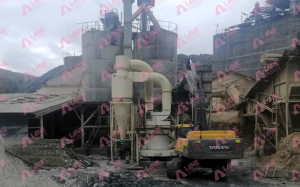
a. Cost-Effectiveness
SSP fertilizers are often more cost-effective compared to other phosphorus sources. Their production is typically less expensive, allowing farmers to achieve the same nutrient levels for lower costs. This economic efficiency can enhance profit margins, particularly for smallholder farmers.
b. Increased Crop Yields
The proper application of SSP fertilizers can lead to significant increases in crop yields. By ensuring that crops receive adequate phosphorus, farmers can optimize growth conditions, resulting in healthier plants and better harvests. Increased yields can translate directly into higher revenue for farmers, contributing to overall economic stability.
Supporting Diverse Crop Production
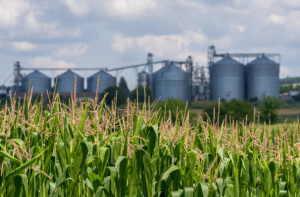
Another hidden benefit of SSP fertilizer plants is their versatility in supporting a wide range of crops:
a. Adaptability to Different Soil Types
SSP fertilizers can be effectively used across various soil types, making them a valuable resource for farmers in diverse agricultural regions. Whether in sandy soils, clayey terrains, or loamy conditions, SSP can enhance nutrient availability and promote healthy plant growth.
b. Compatibility with Other Nutrients
SSP fertilizers can be easily blended with other nutrients, such as nitrogen and potassium, to create customized fertilizer mixes tailored to specific crop needs. This flexibility allows farmers to optimize their fertilization strategies based on soil tests and crop requirements.
Promoting Sustainable Practices
The role of SSP fertilizer plants in promoting sustainable agricultural practices cannot be overlooked:
a. Encouraging Organic Matter Retention
When used in conjunction with organic fertilizers, SSP can enhance the retention of organic matter in soils. This synergy not only boosts nutrient availability but also fosters a healthier soil microbiome. Healthy soils are crucial for sustainable agriculture, leading to improved long-term productivity.
b. Facilitating Crop Rotation and Diversity
SSP fertilizers support crop rotation practices by improving soil health and fertility. Farmers can plant diverse crops over different seasons, reducing pest and disease pressure while promoting biodiversity. This practice leads to a more resilient agricultural system.
Technological Innovations in SSP Fertilizer Plants
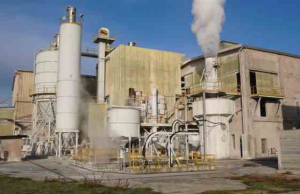
Recent advancements in technology have further enhanced the benefits of SSP fertilizer plants:
a. Precision Application Techniques
Modern SSP fertilizer plants often integrate precision agriculture techniques, allowing for more targeted application of fertilizers. Technologies such as GPS and remote sensing can help farmers apply SSP where it is needed most, reducing waste and maximizing efficiency.
b. Enhanced Production Methods
Innovations in production methods, including improved processing technologies and waste recovery systems, have made SSP fertilizer plants more efficient and environmentally friendly. These advancements help minimize byproducts and ensure that the production process is as sustainable as possible.
Conclusion
The advantages of SSP fertilizer plants extend far beyond merely increasing crop yields. Their contributions to soil health, environmental sustainability, economic viability, and support for diverse agricultural practices make them a cornerstone of modern farming. By understanding and leveraging the hidden benefits of SSP fertilizers, farmers can adopt more sustainable practices that not only enhance their productivity but also protect the environment for future generations.
Investing in SSP fertilizer plants represents a commitment to sustainable agriculture, promoting healthier soils, better crops, and a more resilient agricultural ecosystem. As we move towards a future of increased food demand and environmental challenges, SSP fertilizers will undoubtedly play a crucial role in shaping sustainable farming practices.



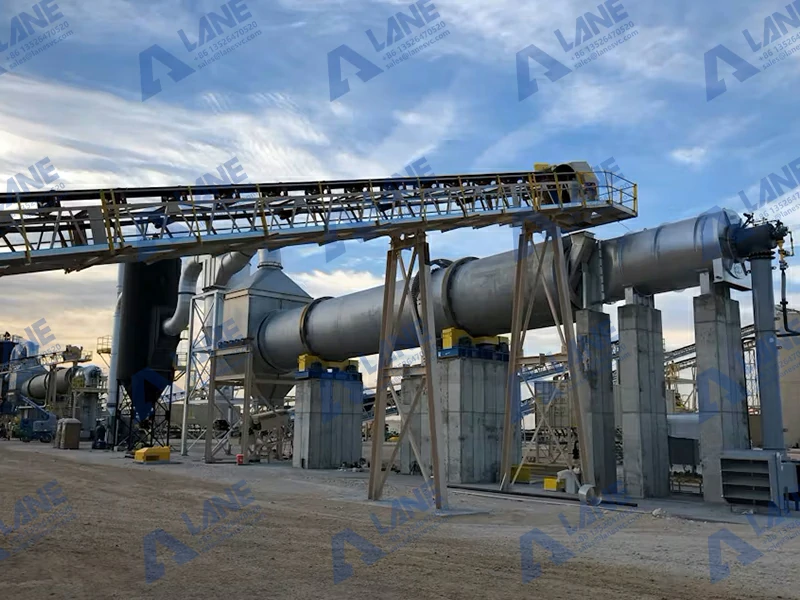

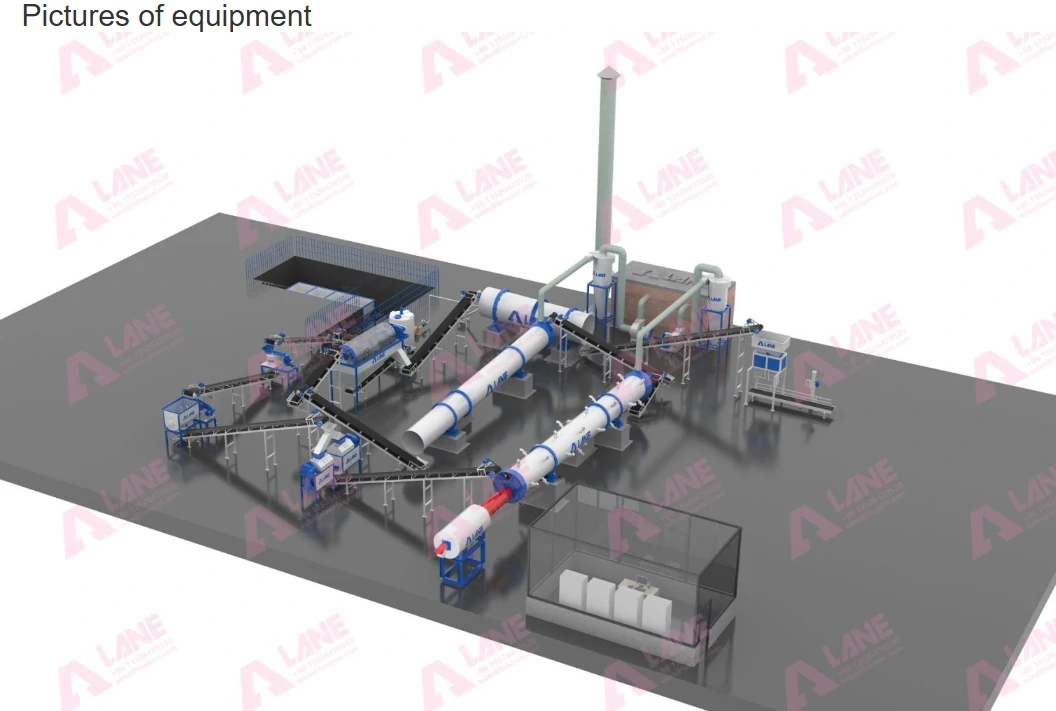
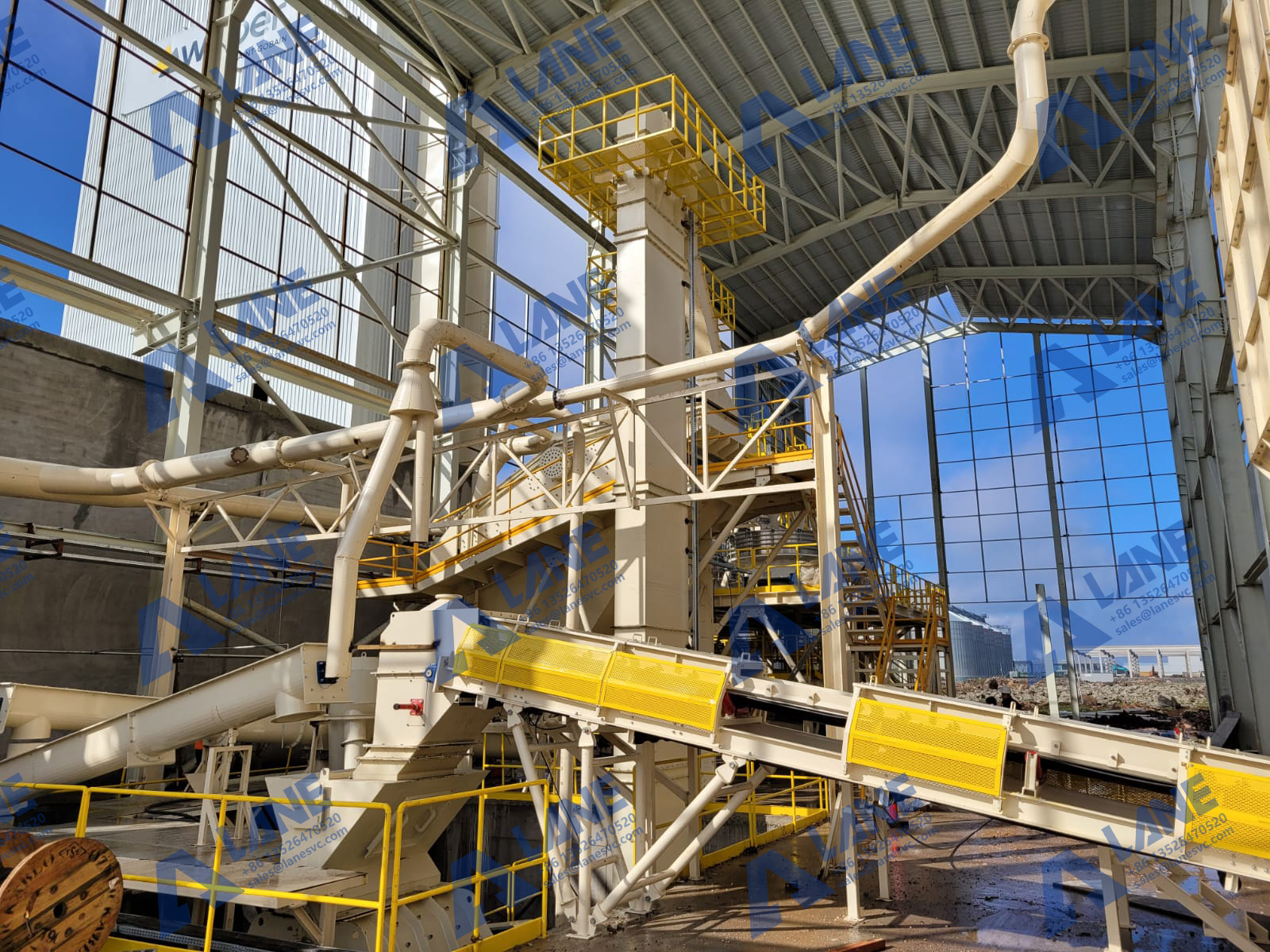
Send a message to us